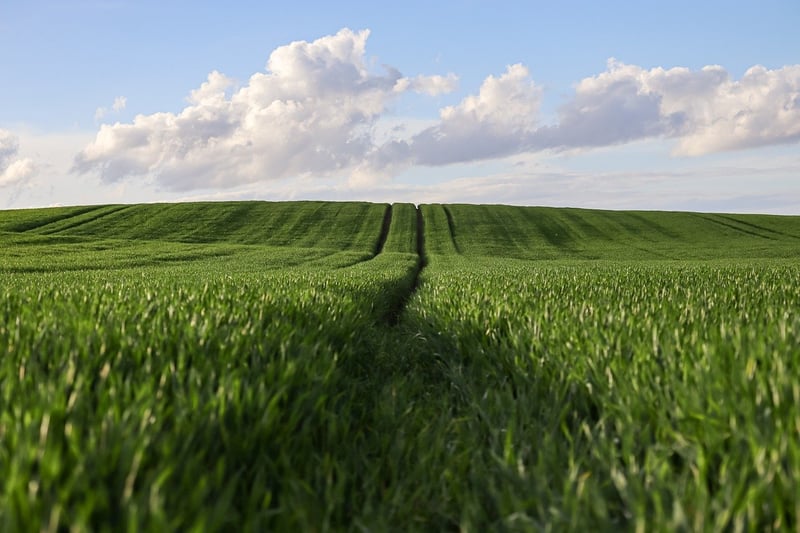Sustainable Practices
The Future of Food: Innovations and Sustainable Practices

When it comes to food, innovation and sustainability are key driving forces shaping the future of our meals. From cutting-edge technologies to eco-friendly practices, the food industry is constantly evolving to meet the demands of a changing world.
Plant-Based Revolution
One of the most significant trends in food innovation is the rise of plant-based alternatives. With the increasing awareness of the environmental impact of animal agriculture, many consumers are turning to plant-based proteins as a more sustainable option. Companies are now developing delicious plant-based burgers, dairy-free milks, and even seafood alternatives to cater to this growing market.
Vertical Farming
Vertical farming is another innovative practice that is revolutionizing the way we grow food. By stacking crops in vertical layers, this method uses less space and water compared to traditional farming. With the ability to grow food in urban areas, vertical farming reduces transportation costs and carbon emissions associated with long-distance food shipping.
Food Waste Reduction
Addressing food waste is a crucial aspect of sustainability in the food industry. Innovations in food preservation techniques, surplus food redistribution, and composting initiatives are helping to reduce the amount of food that ends up in landfills. By minimizing food waste, we can not only save resources but also combat hunger and reduce greenhouse gas emissions.
Transparent Supply Chains
Consumers today are more concerned than ever about where their food comes from. Transparent supply chains, enabled by blockchain technology and traceability systems, allow consumers to track the journey of their food from farm to table. This transparency ensures ethical sourcing practices, reduces food fraud, and promotes trust between producers and consumers.
Community Gardens and Urban Agriculture
Community gardens and urban agriculture initiatives are empowering individuals to grow their own food locally. By utilizing vacant lots, rooftops, and other urban spaces, these projects not only provide fresh produce to communities but also foster a sense of connection to the food we eat. Urban agriculture promotes food security, education, and a closer relationship with nature.
Closing Thoughts
As we look towards the future of food, it is clear that innovation and sustainability go hand in hand. By embracing new technologies, practices, and attitudes towards food production and consumption, we can create a more resilient and eco-friendly food system for generations to come.
Join the food revolution today and be part of the change towards a more sustainable future!

Image Source: Pixabay
